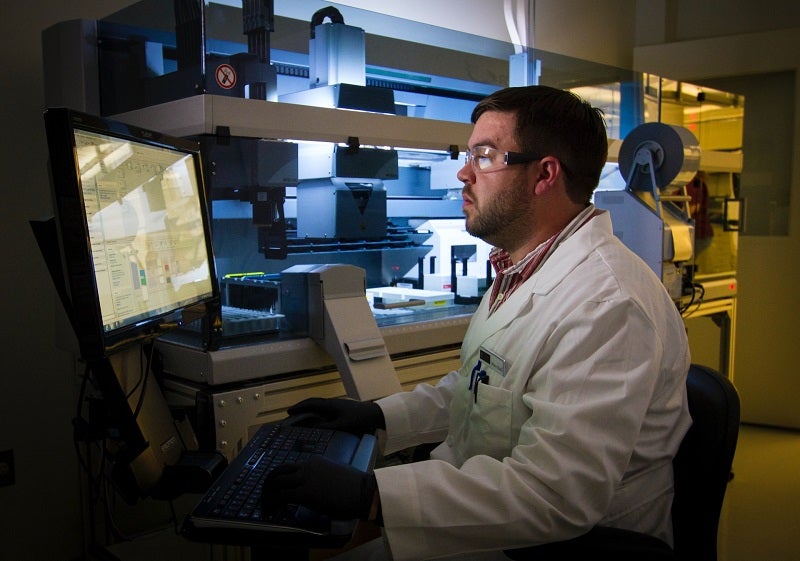
The European Commission (EC), the European Medicines Agency (EMA) and the Heads of Medicines Agencies (HMA) have published new recommendations aiming to facilitate the use of decentralised clinical trials (DCTs).
The new recommendations are also aimed at protecting the rights and well-being of those who participate in clinical trials along with the reliability of the collected data.

Discover B2B Marketing That Performs
Combine business intelligence and editorial excellence to reach engaged professionals across 36 leading media platforms.
They are said to be an outcome of EC, EMA, and HMA’s joint initiative to Accelerate Clinical Trials in the European Union (ACT EU), which seeks to transform the process of clinical trials.
Launched in January this year, the ACT EU initiative aims to further develop the EU as a centre for clinical research.
Clinical trials were usually conducted at specific clinical trial sites, where patients had to travel to.
DCTs aim is to simplify the process for patients to participate in trials by reducing the need to travel to central trial sites.

US Tariffs are shifting - will you react or anticipate?
Don’t let policy changes catch you off guard. Stay proactive with real-time data and expert analysis.
By GlobalDataDecentralisation is enabled by digital tools, telemedicine, and more mobile and local healthcare advancement.
It includes remote monitoring and diagnostics, home health visits, electronic informed consent, and direct-to-patient shipment of study drugs.
The regulators noted that DCTs have the potential to reduce drop-out rates and make clinical trials available to a wider demographic of population.
The recommendations include an overview of national provisions for specific DCT elements which need to be utilised in clinical trials.
They were compiled by the European medicines regulatory network of experts from regulatory bodies who are responsible for clinical trials authorisation, methodology experts, good clinical practice inspectors, patient organisations’ representatives, and members of ethic committees.





